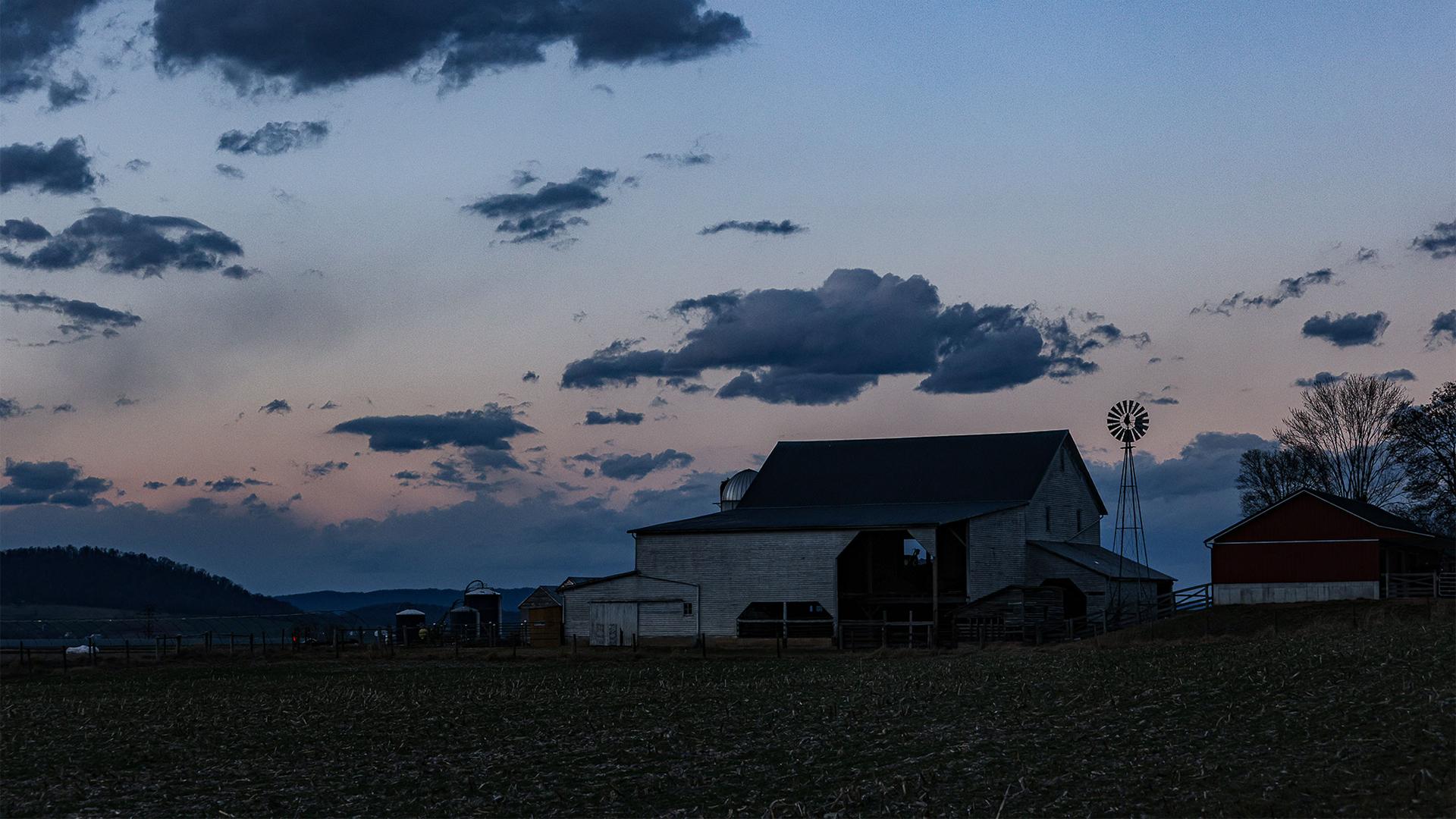Virginia bill would give alternate licensing path to foreign doctors
Nlate Ebale Dominique Dit Tomy, a physician from Douala, Cameroon, is one of more than 200,000 foreign-trained doctors living in the United States.
Dit Tomy, who went to medical school to become a general practitioner, worked with Doctors Without Borders in Cameroon before relocating to the US in 2015.
“Well, at first I thought, it’s the United States of America. Anything can happen. I can even work as a nurse. I have the degree. I did more than that. Wrong,” said Dit Tomy, who lives in Maryland.
He’s one of many highly skilled doctors who have the necessary qualifications but are struggling to find work in the US medical system. In the US, to become a physician, people have to complete the United States Medical Licensing Examination (USMLE) — a three-step program that can cost up to $3,000 — and a residency, which is highly competitive. It’s a difficult, time-consuming process.
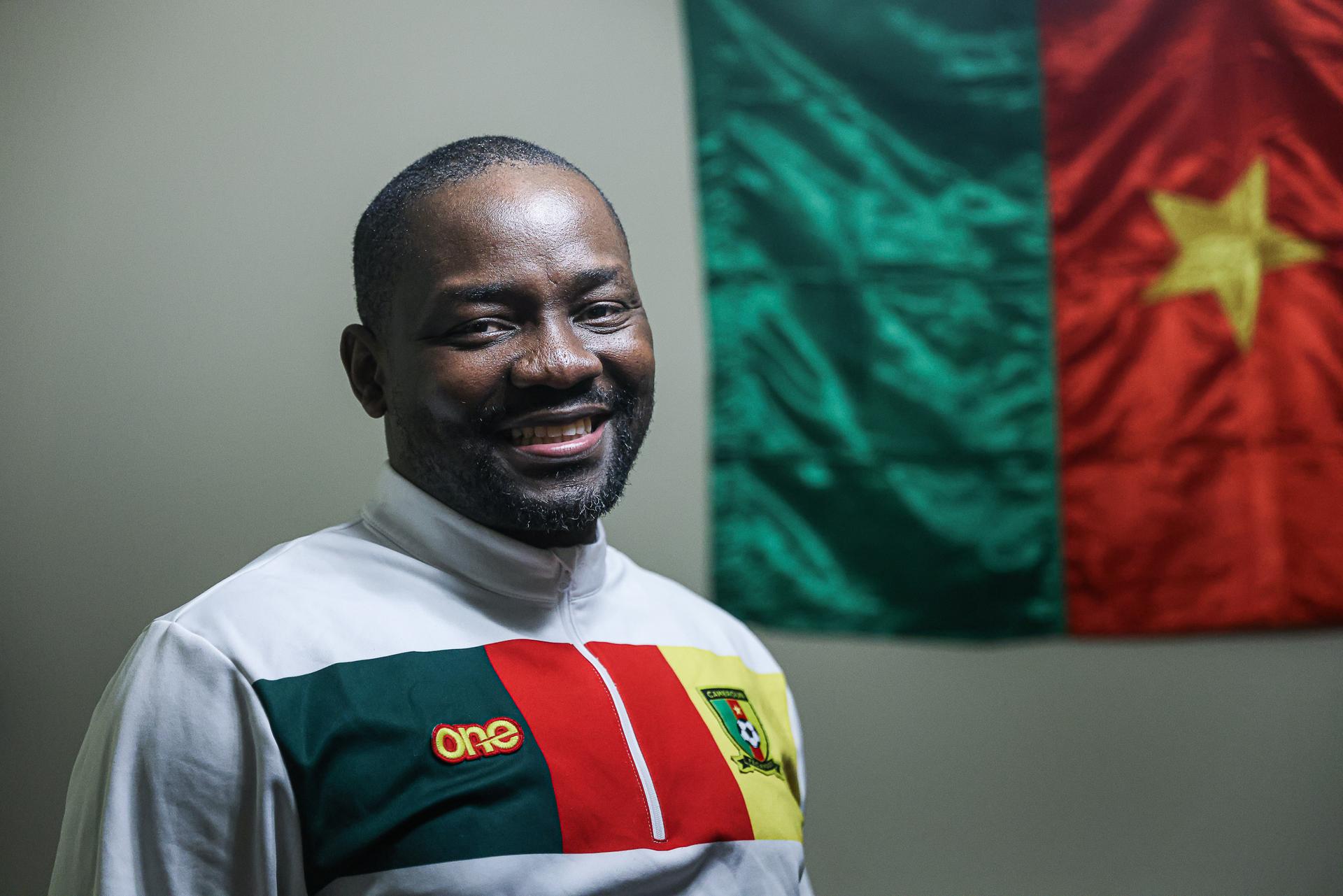
But many parts of the US are desperately in need of doctors now, especially in rural and medically underserved areas. The Association of American Medical Colleges estimates that by 2032, the country will face a shortage of about 122,000 physicians. In Virginia, a new bill seeks to address these shortages. If passed, it would create a pathway for foreign-trained doctors to continue with their careers, while contributing to the medical workforce in those communities.
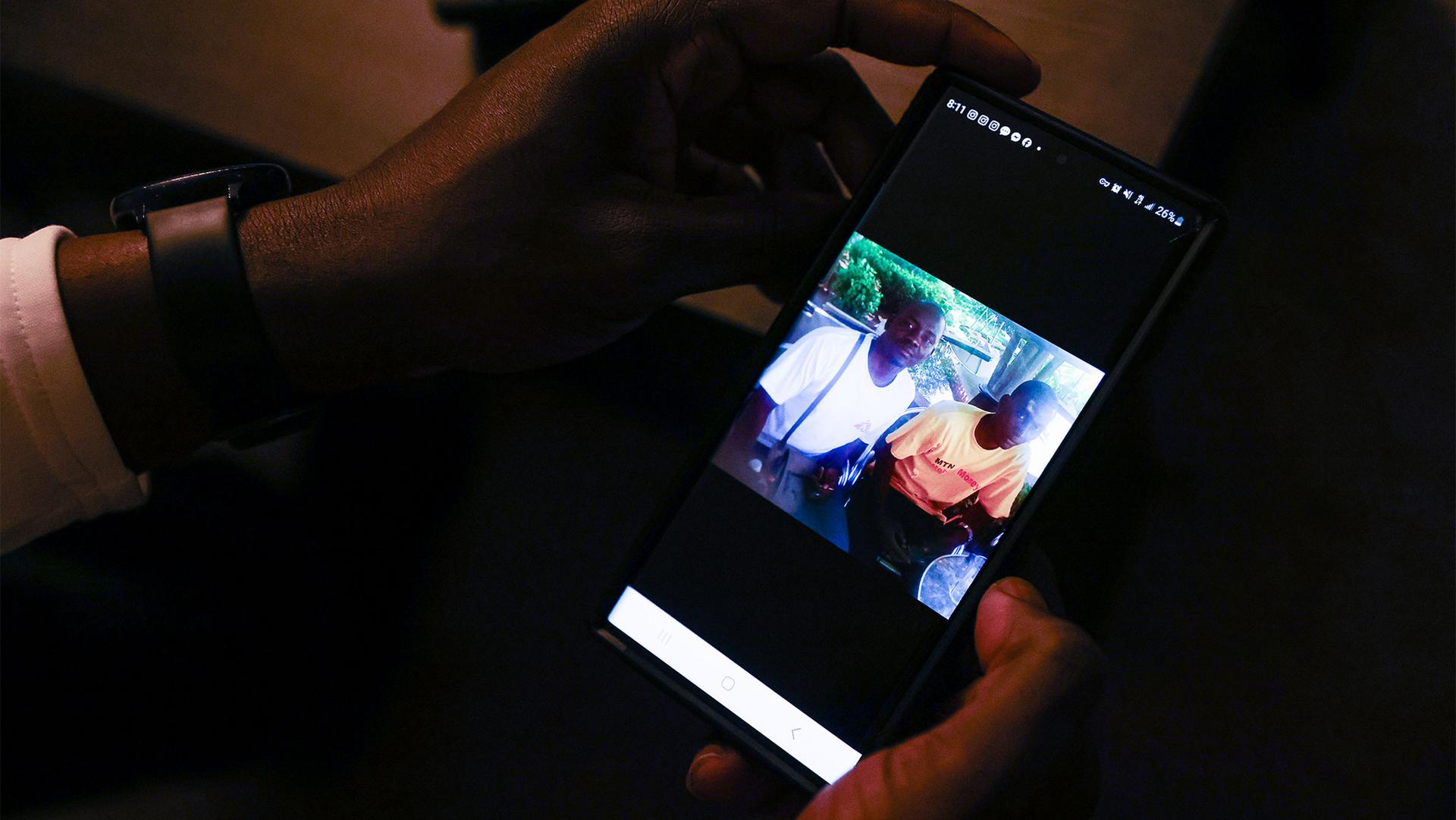
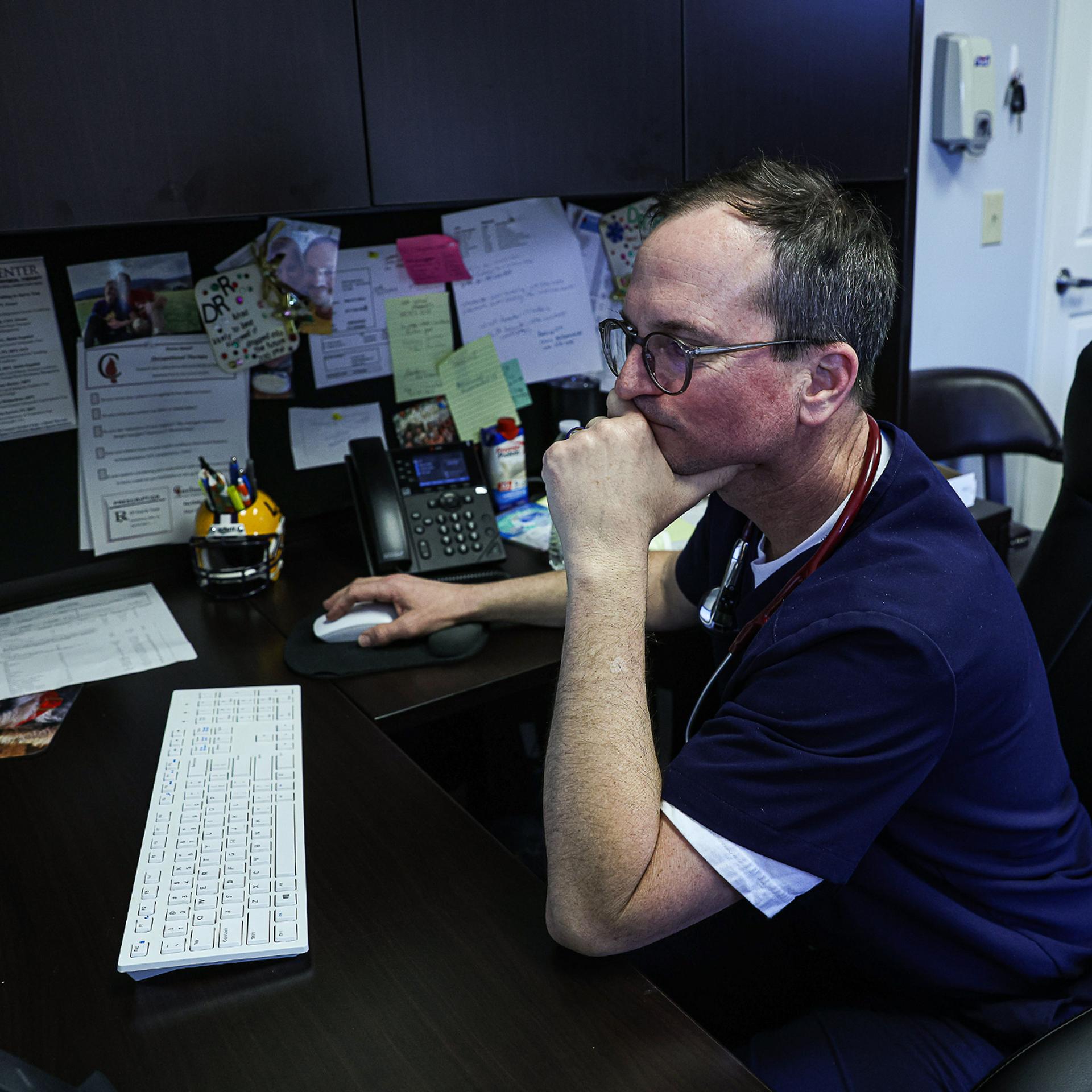
Dr. Rocky Fowler is a primary care physician in Harrisonburg, Virginia. Fowler, who grew up in Lousiana, said he saw firsthand how important and challenging it was for patients to access medical care.
“Then, when I moved to Virginia, I learned how underserved this area is as well. I call this a ‘desert oasis of health care,'” he said.
Fowler’s private family practice, which he runs with his doctor brother and wife, sees over 3,000 patients from the Harrisonburg area.
Some of his newer patients live more than an hour away. They’re unable to schedule a visit with nearby primary care physicians as some have retired or moved away.
“The physician shortage is a huge problem for America, massive,” he said. “We are not gaining ground, we are losing ground. … And then COVID just put it on steroids.”
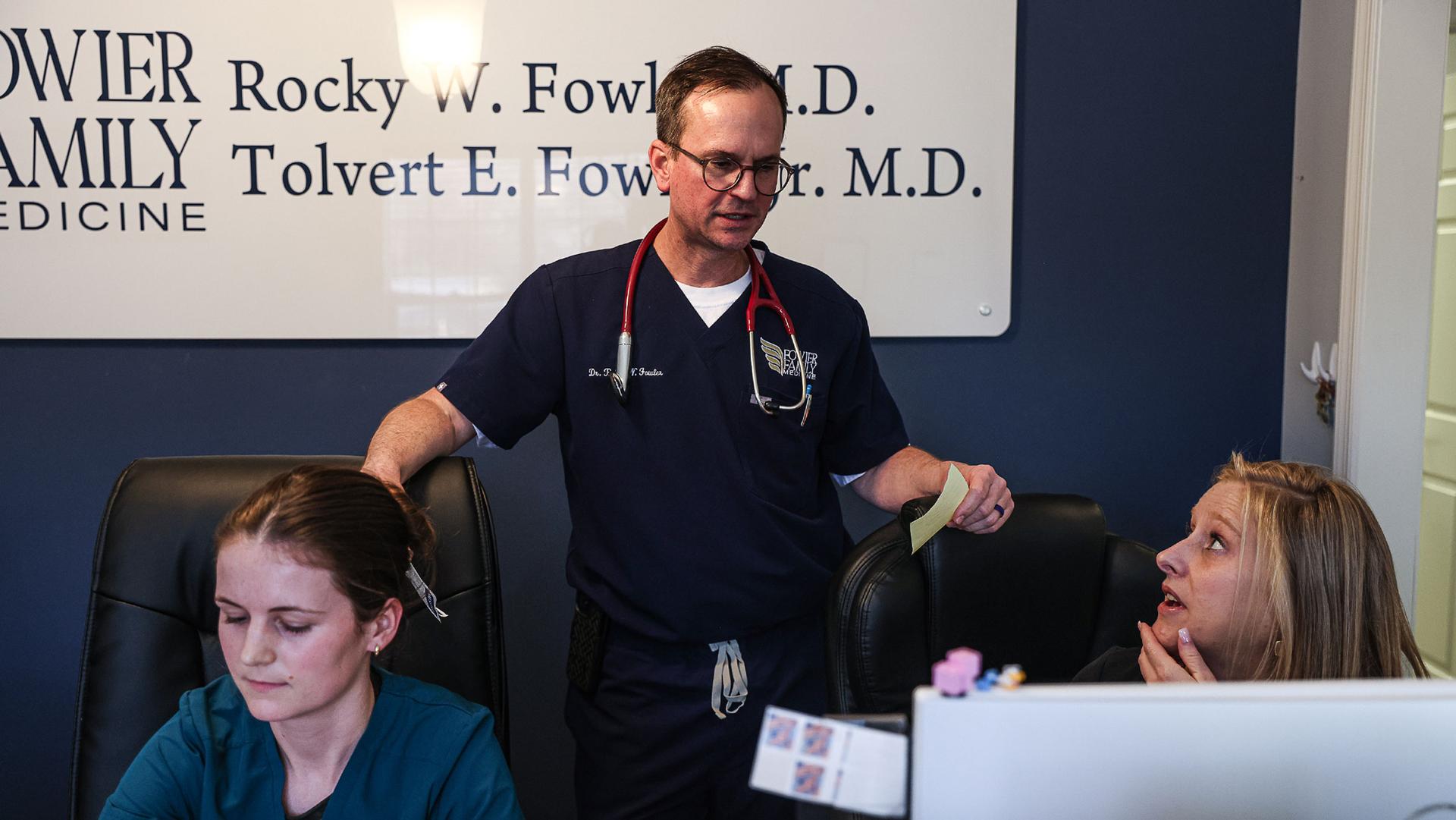
He said that when he moved there 10 years ago, he was told the town needed 10-12 primary care physicians but, since then, the town has lost that number without gaining any.
“We have to find a way to solve this problem and what better way to do it than with immigrant help? They are experienced, they are already knowledgeable, there must be a way to fast-track them,” he said.
New legislation
Delegate Kathy Tran, who came to the United States as a refugee from Vietnam in 1980, introduced House Bill 995 in Virginia’s General Assembly earlier this year to address this issue.
If passed, the bill would permit the Virginia Board of Medicine to issue a provisional license to a physician who was licensed in a foreign country for up to two years without a US medical residency. The physician would still need to complete the first two steps of the USMLE and have practiced medicine overseas for at least five years.
After that, and completing the third step of the USMLE, a subsequent renewable two-year license would be issued if the physician practices in a medically underserved area, like Harrisonburg.
This would serve as an incentive, said Clark Barrineau, vice president of government affairs and health policy at the Medical Society of Virginia.
“That is what it is going to take to help solve our health care access crisis, and it’s a good bill that establishes patient protections,” he said.
After two years of practice under the renewable license, a physician licensed in a foreign country would be eligible to apply for a full, unrestricted license to practice medicine.
Five states have already passed similar legislation with little opposition and serve as models for Virginia’s new bill; at least 10 other states are also considering similar bills.
In Washington state, which passed similar legislation in 2020, Mohamed Khalif is the founder of The International Medical Graduates Academy, which helps foreign-trained doctors return to the medical workforce.
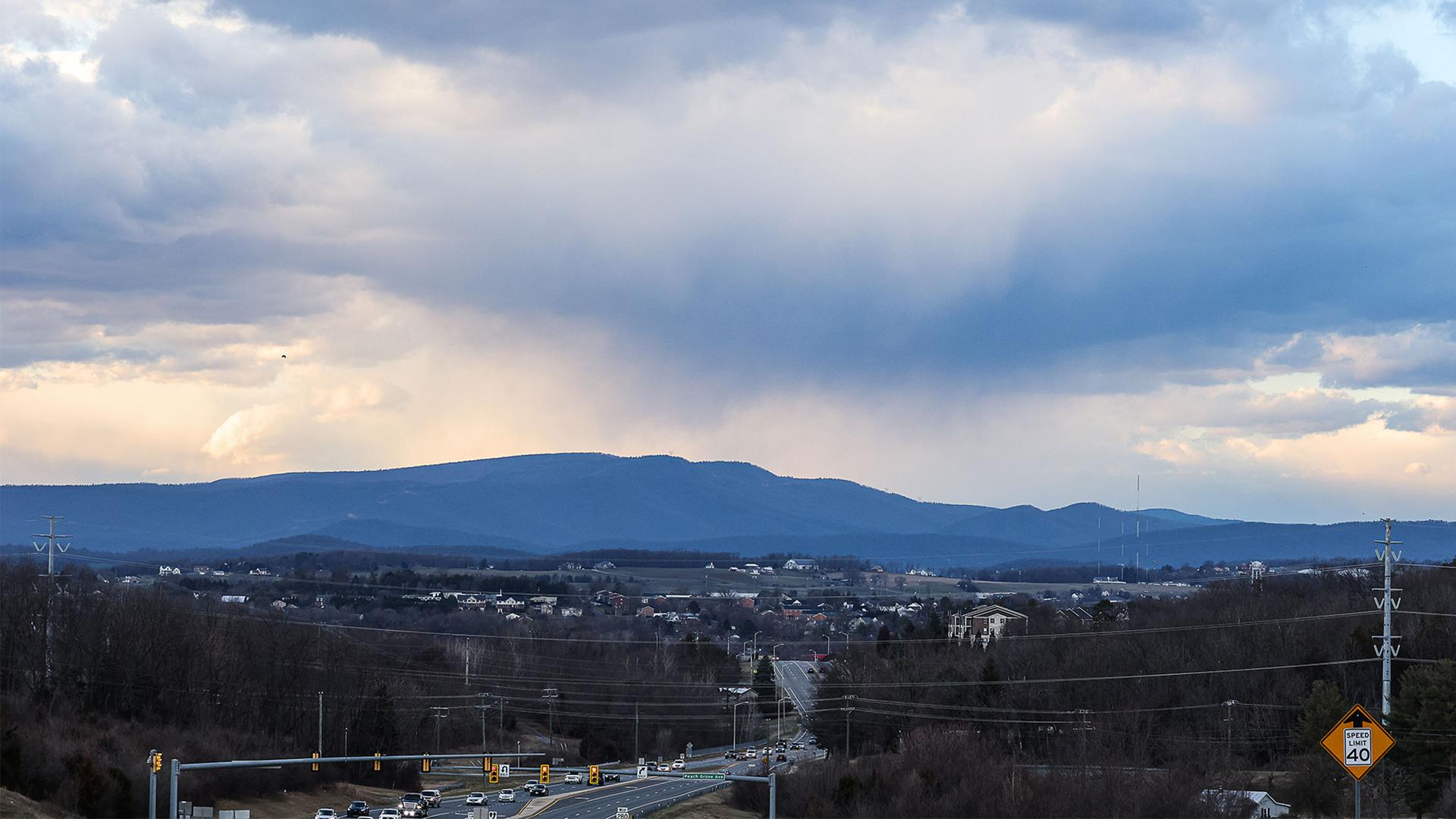
He and his family fled the civil war in Somalia in the 1990s and came to the US when he was a child. After graduating from medical school in China, he faced barriers when he returned home to Seattle.
“If I wanted to work as a doctor, I didn’t have a license, so everybody told me, ‘You have to go to a residency and get a license first before you can work as a doctor,’” he said.
He brought together other international medical graduates to meet with nonprofits in Seattle to talk about their situations.
“They have all the qualifications and they have the prerequisites, but no one is giving them a chance,” he said.
Since the Washington bill was passed, his organization has helped around 20 people obtain licenses and find jobs in health care around the state.
“Just given the skills that these individuals each possessed, we could see such a loss to our communities if we aren’t able to help these brilliant, talented, incredible physicians get back into the systems somehow,” said Dr. Sarah Kureshi, a family medicine physician and associate professor and vice chair for education in the family medicine department at Georgetown University. And she’s been involved in integrating refugee physicians into the health care system.
“I know that, at least in the bill, we are not at all saying that anybody should just be able to come here and practice. But it’s like, can we create different pathways for these physicians to be able to learn what they need to learn to practice here and utilize [their] skills? This is what this [Virginia] bill is really about,” she explained.
The bill has received widespread support throughout Virginia. Different health associations and organizations supporting refugees and immigrants in the state mobilized to advocate for the bill, which passed unanimously in Virginia’s House of Delegates and Senate.
Virginia Gov. Glenn Youngkin is expected to sign the bill into law by next month. If signed, the law will become effective on July 1, 2024.
Back in Maryland, Dit Tomy, Dit Tomy, 41, who was a restaurant server and drove for Uber, now works at Verizon as a service technician. He said it’s stable and well-paying, but he still thinks becoming a doctor again.
“It’s always in my mind. It’s part of me,” he said. “It’s in my blood.”
If the bill is signed, he’s ready to move to neighboring Virginia for the chance to practice medicine once again.
Related: Despite flurry of efforts to recruit immigrants with medical experience, many remain sidelined
